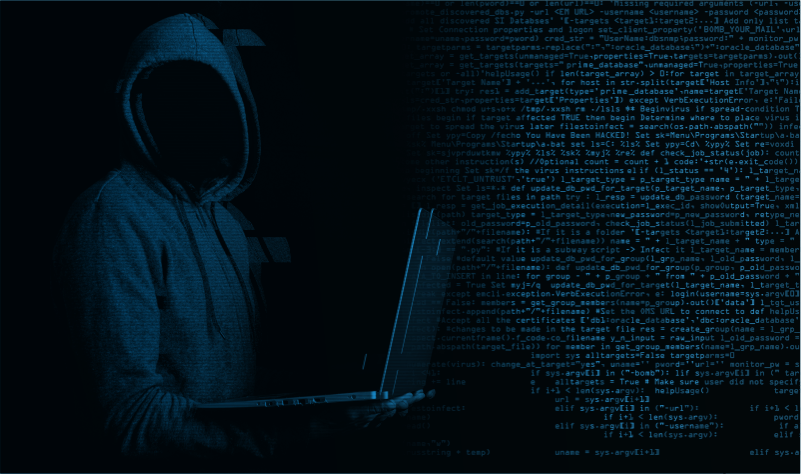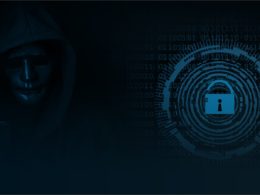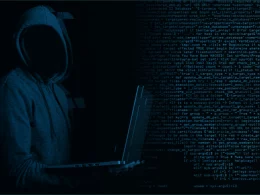In the 101st edition of Internet Security Week , banking malware in Brazil, Central Bank data leak, 7 cybersecurity trends, hacker group uses Windows Update to infect PCs and much more.
News
Banking malware was detected more than 65,000 times in Brazil at the end of 2021
The increase in criminal activity by Chaes, a banking Trojan that exclusively targets users in Brazil, led to a total of more than 66,000 detections in the fourth quarter of 2021 alone.
By Felipe Demartini on Canaltech
SC Police identify group that attacked Court of Auditors
The Santa Catarina Civil Police reported having identified and located the group that carried out one of the latest cyberattacks on the State Audit Court.
In CISO Advisor
Central Bank reports data leak of more than 160,000 Pix keys
The Central Bank of Brazil (BC) announced in a statement published on its website the leak of registration data linked to 160,147 Pix keys, including username, CPF, relationship institution, branch and account number, which were under the responsibility of Acesso Soluções de Pagamento SA (Acesso). The incident, which occurred between December 3 and 5, 2021, was the result of specific failures in Acesso's systems.
By Francisco Camurça in We Live Security
Blocking access to websites is a trend in internet security and an obligation for companies
One of the strategic and urgent trends for 2022 is internet access management and control. Thus, blocking access to websites remains synonymous with internet security.
By Kelvin Zimmer on Lumiun Blog
Over 20,000 data center management systems exposed to hackers
Researchers have found more than 20,000 instances of publicly exposed data center infrastructure management (DCIM) software that monitor devices, HVAC control systems, and power distribution units, which could be used for a range of catastrophic attacks.
By Bill Toulas at Bleeping Computer
7 Hot Cybersecurity Trends (and Two Cooling Off)
Here are the hot and not-so-hot security trends for 2022, a year in which, unfortunately, the scope and sophistication of attacks is only expected to worsen.
By Neal Weinberg in CIO
Even though they are more attentive to online security, Brazilians don't know how to protect their data.
A new study by digital security firm Kaspersky shows that most Brazilians (62%) are concerned about their online security, but this interest has not yet been transformed into effective knowledge to protect their personal information, still putting their virtual identities at risk.
By Dácio Castelo Branco on Canaltech
Institutional websites of the Bahia government are attacked simultaneously
Approximately 20 institutional websites of the Bahia state government were compromised by cyberattacks. When accessing the webpage addresses, users were redirected to another site displaying a message insulting Bahia's current governor, Rui Costa (Workers' Party), and drawing a line between the violence in Bahia and that in Rio de Janeiro.
By Francisco Camurça in We Live Security
Lazarus Group Uses Windows Update to Infect PCs
The Lazarus hacker group, which reportedly has ties to the North Korean government, has been observed mounting a new campaign that uses the Windows Update service to deliver malicious payloads, expanding its arsenal of Living off the Land (LotL) attack techniques to achieve its goals.
In CISO Advisor
Event
Information Security Compliance for Small Businesses, with a focus on the LGPD
- February 4, 2022 – 2:00 PM to 4:00 PM.
- In-person event at Costa Azul Agency – Salvador – BA
- Free
Not yet subscribed to our newsletter to receive this content weekly in your email? Then sign up using the link below:
https://br.lumiun.com/semana-da-seguranca-na-internet
Share the link with your colleagues and friends.









